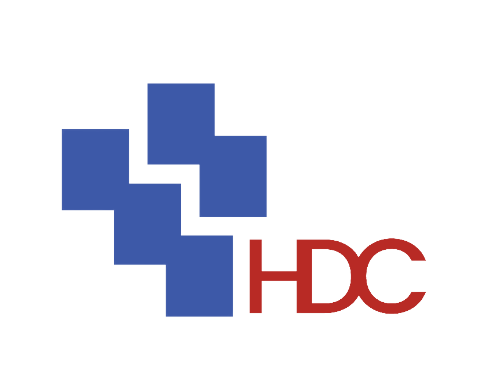The Importance of Internal Controls for Businesses: Safeguarding Your Assets and Ensuring Accuracy
In today’s dynamic business environment, trust and transparency are paramount. Effective internal controls are the cornerstone of achieving these ideals, safeguarding your company’s assets, ensuring the accuracy of financial reporting, and mitigating operational risks. This blog post dives into the critical role of internal controls for businesses in Nigeria.
What are Internal Controls?
Internal controls encompass a network of policies, procedures, and processes implemented within a business to achieve specific objectives. These objectives can be categorized as follows:
- Safeguarding Assets: Internal controls protect a company’s assets from theft, fraud, or misuse. This includes measures like physical security controls for inventory and access controls for sensitive financial data.
- Ensuring Accuracy and Reliability of Financial Reporting: Robust internal controls guarantee the accuracy and integrity of financial statements. This is achieved through segregation of duties, reconciliations, and regular reviews of financial accounts.
- Promoting Compliance: Internal controls help businesses adhere to relevant regulations and industry standards. This ensures compliance with laws governing financial reporting, taxation, and data privacy.
- Promoting Operational Efficiency: Effective internal controls streamline business processes and minimize errors. This can lead to improved operational efficiency and cost savings.
The Benefits of Strong Internal Controls for Businesses
Implementing a robust internal controls framework offers a multitude of advantages for Nigerian businesses:
- Enhanced Financial Performance: Strong internal controls minimize fraud and errors, leading to more accurate financial reporting and improved decision-making. This can translate to increased profitability and a stronger financial position.
- Reduced Risk of Fraud and Errors: Internal controls act as a deterrent against fraudulent activities and unintentional errors. By implementing measures like segregation of duties and regular reviews, businesses can significantly reduce the risk of financial losses.
- Improved Regulatory Compliance: A well-defined internal controls framework ensures adherence to relevant regulations. This minimizes the risk of penalties and legal issues arising from non-compliance.
- Increased Investor Confidence: Robust internal controls demonstrate a commitment to transparency and accountability, boosting investor confidence and potentially attracting new investment opportunities.
- Stronger Operational Efficiency: Effective internal controls streamline processes and identify areas for improvement. This can lead to increased operational efficiency, reduced costs, and enhanced productivity.
Common Internal Control Frameworks
Several internal control frameworks can serve as a roadmap for businesses in Nigeria. Here are two widely recognized frameworks:
- COSO Internal Control Framework: Developed by the Committee of Sponsoring Organizations of the Treadway Commission (COSO), this framework outlines five key components for effective internal control: control environment, risk assessment, control activities, information and communication, and monitoring. ([invalid URL removed])
- The Nigerian Code of Corporate Governance: This code, issued by the Securities and Exchange Commission (SEC) Nigeria, provides specific guidelines for internal controls in publicly listed companies. ([invalid URL removed])
HD Consulting: Your Partner in Establishing Strong Internal Controls
HD Consulting possesses extensive experience in assisting businesses in Nigeria design, implement, and maintain a comprehensive internal controls framework. Our team of experts can help you through the following:
- Internal Controls Gap Assessment: We can conduct a thorough assessment of your existing internal controls to identify areas for improvement.
- Developing a Customized Internal Controls Framework: Based on your specific business needs and industry regulations, we will create a tailored internal controls framework.
- Implementation and Training: Our professionals will guide you through the implementation process and provide training to your staff on the new internal controls procedures.
- Ongoing Monitoring and Support: We offer ongoing monitoring to ensure the effectiveness of your internal controls framework and provide ongoing support to address any evolving challenges.
Don’t let weak internal controls expose your business to unnecessary risks. Contact HD Consulting today to schedule a consultation with our internal controls specialists. We’ll help you establish a robust framework that safeguards your assets, ensures accuracy, and fosters a culture of compliance within your organization.
